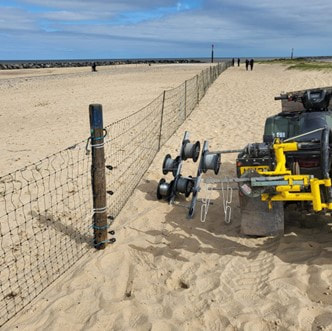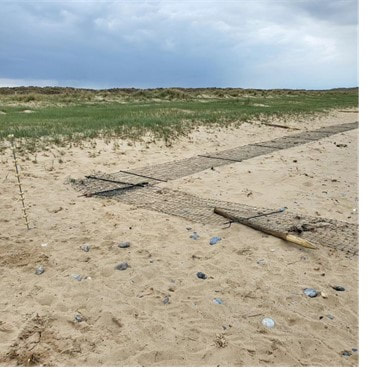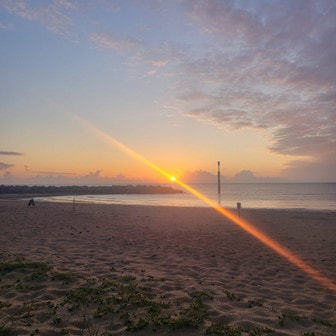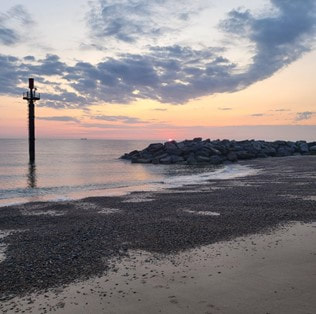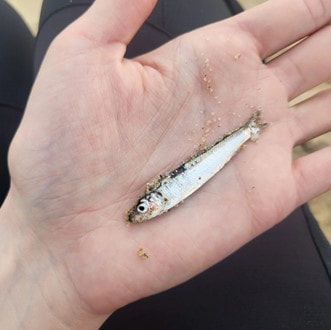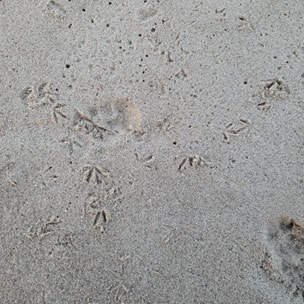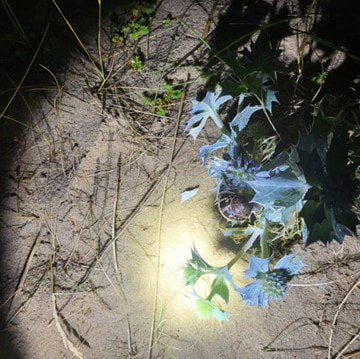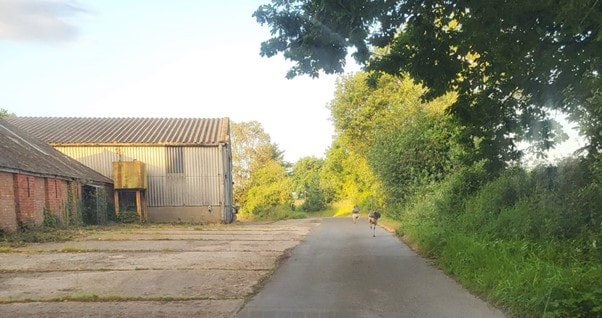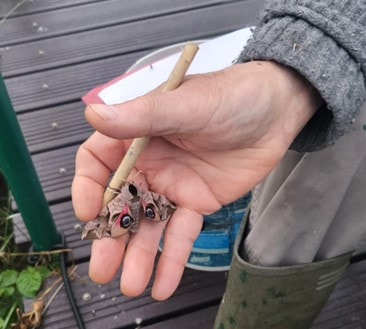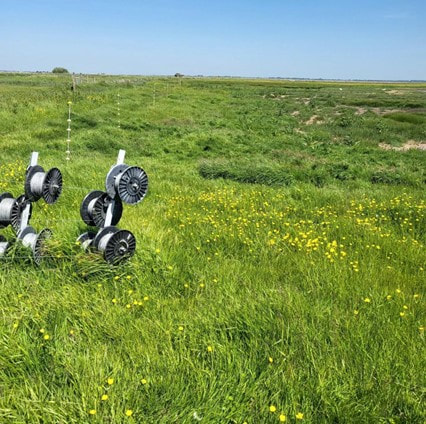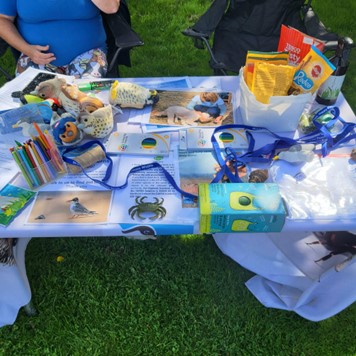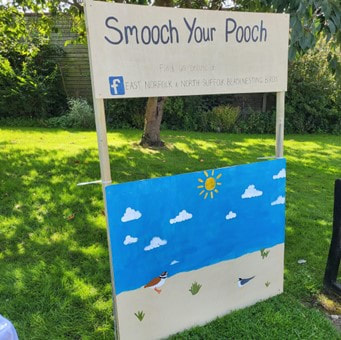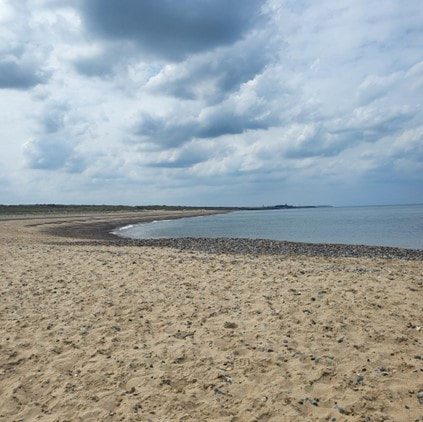|
Thanks to Rebekah Wall, RSPB Little Tern Volunteer, for this lovely guest blog. Conservation is something you’ll commonly find on the news but is such an important topic for the generation these days. To take part in it is something even more important and wonderful. Conservation is my career path and to have the option to become a volunteer is very rewarding and has been something I have done since graduating from University. I applied to be a bird warden for the RSPB in April (2023) for something new to volunteer for, to improve my mental health, and to be more involved in the current need to support conservation and breeding opportunities for the Little Terns. To be given the opportunity to work amongst RSPB staff and experienced volunteers and to be working closely with the Little Terns, a thrill of excitement made me ecstatic, and I was looking forward to starting my shifts. As well as actually working alongside the Little Terns, the fences needed to be put up at Winterton-on-sea and at Eccles. Many volunteers popped up to help and it was interesting to talk with the new and experienced volunteers about what to expect from a shift and how to engage with the public and their dogs. During the induction, one of the staff spoke about the night shifts, the golden hour that we could witness, and the experiences we could obtain. Instantly I knew I wanted to do as many night shifts as I could, fitting it around my day job. I began my first night shift at 10 p.m. in the middle of June, wrapped up warm with many layers, thermals, waterproofs, a woolly hat, gloves, flask filled with hot coffee and snacks. Sitting in a camping chair can be very comfy until it gets very cold. Fortunately, blankets were available to use and sudden spurts of bats and moths flew over one's head and gave me a buzz, excitedly looking for more wildlife in the sky. The night shifts were so different from the day shift. As said by previous volunteers, you get to witness the golden hour which was so magical to see. You have to watch the birds wake up from their hiatus as they are always on the watch, protecting their eggs, chicks, and colony. To witness them fly up, fluttering over the sea and quickly in dive to catch any amongst the Clupeidae sp. to give their chicks the first meal of the day. Listening to their calls is so distinct, made my heart flutter. And the first time I saw a chick, my heart burst into happiness, knowing for a fact this is the environment I want to be in. How small they are! Little balls of speckled fluff. During the night shifts, you literally have to be the watchful eye, a protector to help the success of the breeding Little Terns. To physically chase away the predators with a shaker (a bottle with small stones and pebbles in it). Whether they are flying raptors and four-legged mammals - muntjacs for the eggs, foxes for the eggs and chicks, a few domestic cats now and again, and the occasional squirrel. Finishing a night shift every morning is very different from the last. One morning, driving on my way home from a night shift I happened to come across a situation quite bizarre. Two Rheas were running on a country road right in front of me in the car. Completely bewildered I thought I may have been over-tired. I managed to snap some shots and pass them on to the Little Tern group. A few hours later, I was informed that they were from a farm and had escaped, I saw two of the twelve that were roaming around Norfolk. As well as strange occurrences, I was able to witness a couple of moth traps being unveiled! The beauty of the elephant hawk moths to the peppered moths was amazing and enticing to watch. Working as a bird warden is so much more than looking after the birds, you are able to gain transferable skills, work as a team, get the chance to take part in other events such as witnessing kestrel chicks being ringed, working on RSPB sites such as Berney Marshes engulfed in magical greenery and wildlife, many bird species and mammals and public days such as ‘’Smooch your Pooch’’ promoting dogs on leads during the breeding season of the Little Terns. Being given the chance to take part in volunteering alongside the RSPB for the past five months has been an amazing opportunity that I have thoroughly enjoyed and look forward to the next season.
3 Comments
|
Archives
April 2024
Categories
All
Photo credits: Oystercatcher by Katie Nethercoat (rspb-images.com)
LOTE Logo credits: Saskia Wischnewski |

